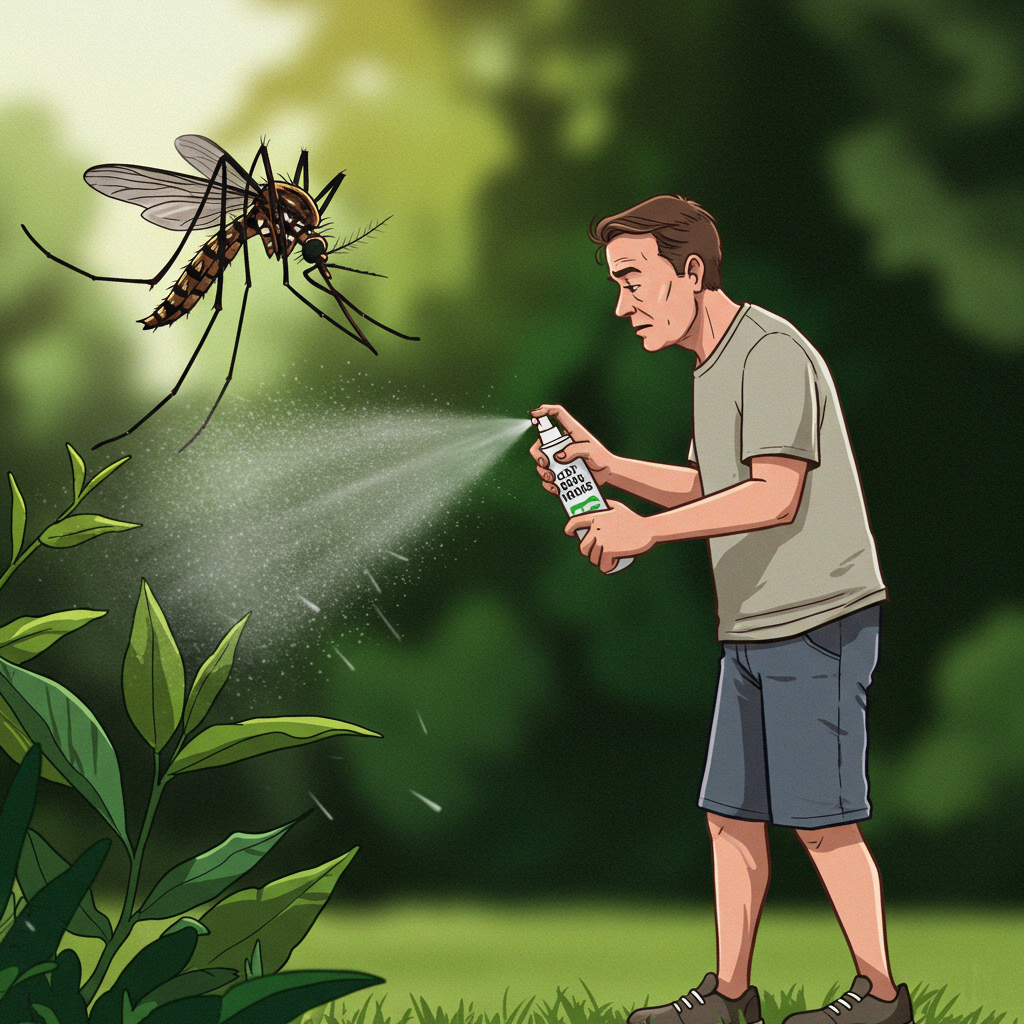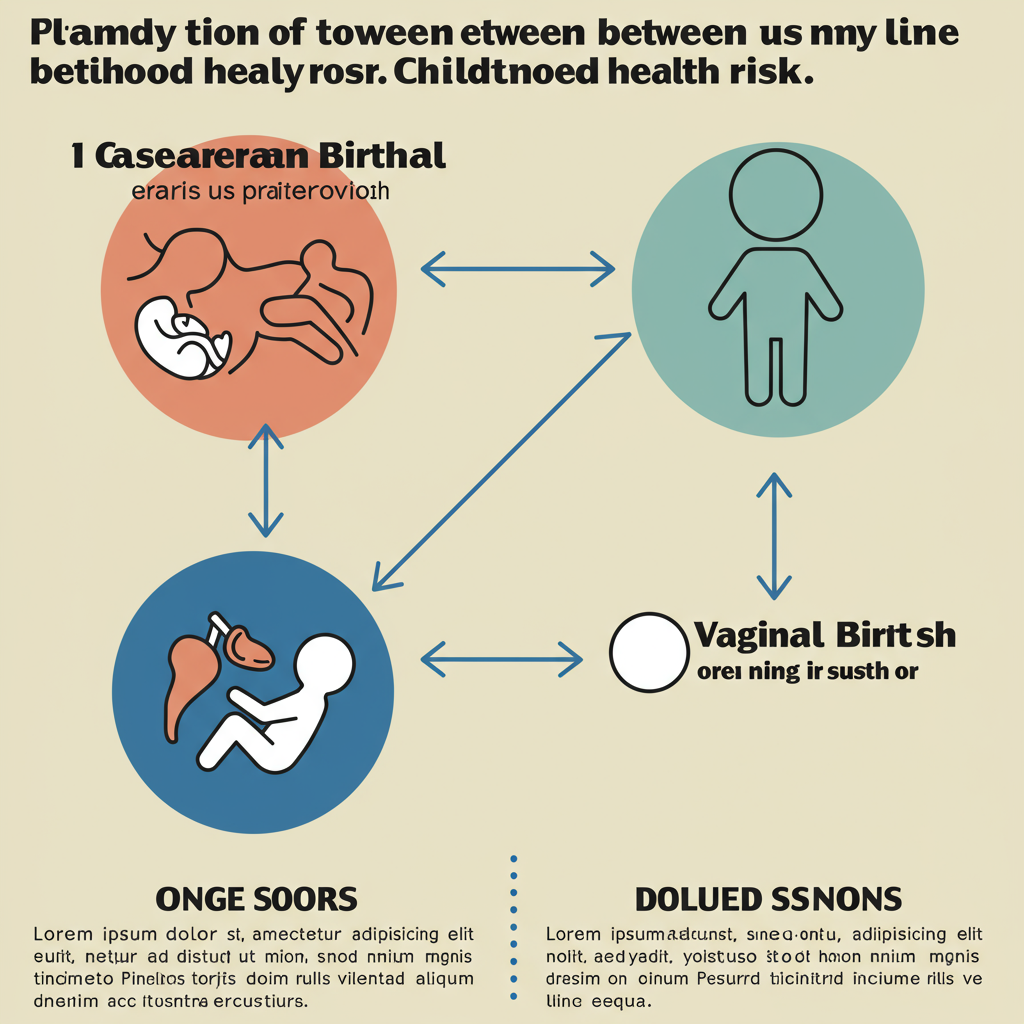An urgent health alert is now active for residents across Anoka and Carver Counties in Minnesota. Authorities have confirmed the presence of West Nile virus (WNV) circulating within local mosquito populations. This discovery serves as the first positive detection of the year for both counties. It signals the beginning of increased mosquito-borne disease activity in the area, prompting officials to issue strong recommendations for personal protection against mosquito bites. While the virus is common during Minnesota summers, this confirmation highlights the critical need for vigilance.
West Nile Virus Detected in Twin Cities Suburbs
The Metropolitan Mosquito Control District (MMCD), in collaboration with the Minnesota Department of Health (MDH), announced the detection on July 4, 2025. Mosquito samples collected from both Anoka and Carver Counties tested positive for the virus. Dr. Alex Carlson, a spokesperson for the MMCD, emphasized that this finding underlines the essential nature of safeguarding yourself from mosquito bites. The MMCD and MDH are actively monitoring mosquito populations and taking steps to mitigate public health risks. This includes targeted control measures in areas showing WNV activity.
Understanding West Nile Virus Transmission
West Nile Virus is the most prevalent mosquito-borne illness in Minnesota. The virus primarily cycles between mosquitoes and birds. A mosquito becomes infected after feeding on a bird carrying the virus. That infected mosquito can then transmit the virus to humans or other animals through a bite. It’s important to understand that WNV does not spread directly from person to person or from birds to people. Mosquitoes are the key vector for human infection.
symptoms and Risks: What to Know
For most people, a West Nile Virus infection goes unnoticed. Approximately 80% of individuals who contract the virus will not show any symptoms at all. However, roughly 1 in 5 infected people may develop West Nile fever. Symptoms often resemble a mild flu. These can include fever, headache, body aches, joint pain, vomiting, diarrhea, or a rash.
Recognizing More Severe Illness
In a smaller number of cases, WNV can lead to a much more serious condition known as neuroinvasive disease. This affects the nervous system. It occurs in about 1 in 150 infected individuals. Symptoms of neuroinvasive disease are severe. They may involve high fever, intense headache, neck stiffness, disorientation, tremors, seizures, paralysis, or even coma. Recovery from severe illness can take weeks or months. Some neurological effects may be permanent. Sadly, in rare instances, WNV can be fatal.
Certain groups face a higher risk of developing severe illness. This includes individuals over the age of 50. People with compromised immune systems also have increased risk. Currently, there is no specific antiviral treatment available for WNV infection. There is also no human vaccine. Medical care focuses on providing supportive treatment to manage the symptoms.
Essential Steps to Protect Yourself from Mosquito Bites
Given the lack of a specific treatment or vaccine, preventing mosquito bites stands as the single most effective way to avoid West Nile Virus infection. Local public health authorities strongly recommend several proactive measures for residents in Anoka and Carver Counties, and across the Twin Cities area:
Use EPA-Registered Insect Repellent: Apply repellents containing active ingredients proven effective against mosquitoes. Look for products with DEET, picaridin, IR3535, or oil of lemon eucalyptus. Always follow the product label instructions carefully, especially when applying to children.
Wear Protective Clothing: Cover up exposed skin when spending time outdoors, particularly during peak mosquito activity. Opt for long-sleeved shirts, long pants, and socks. Loose-fitting, light-colored clothing can also help.
Eliminate Standing Water: Mosquitoes lay eggs in stagnant water. Reducing breeding grounds around your home significantly cuts down on mosquito populations. Regularly empty or remove water from potential sites. This includes old tires, cans, buckets, clogged rain gutters, and even children’s toys left outside. Change the water in bird baths and pet dishes at least weekly. Ensure tarps and covers are taut so water doesn’t pool.
Repair Window and Door Screens: Keep mosquitoes outside by ensuring screens are in good condition. Fix any holes or tears promptly. This prevents mosquitoes from entering your home.
- Limit Outdoor Activity During Peak Hours: The mosquitoes that transmit WNV are most active during dawn and dusk. Consider reducing your time outdoors during these periods if possible. If you must be outside, take extra precautions like wearing repellent and protective clothing.
- minneapolimedia.town.news
Taking these simple steps makes a big difference in reducing your personal risk of infection.
Stay Informed and Vigilant
The detection of West Nile Virus in Anoka and Carver County mosquitoes serves as a timely reminder for everyone in the area. While officials have not declared a public health emergency, acting proactively is crucial for personal safety. Public health officials encourage residents to stay informed about local advisories and updates. If you have concerns about mosquito activity in your area, you can report them directly to the Metropolitan Mosquito Control District. More detailed information on West Nile Virus and prevention methods is readily available on the websites for both the Minnesota Department of Health and the Metropolitan Mosquito Control District. Protect yourself and your family this mosquito season.
Frequently Asked Questions
What are the main symptoms of West Nile Virus and how serious is it?
Most people infected with West Nile Virus (WNV) experience no symptoms at all (about 80%). Around 1 in 5 develop West Nile fever, with mild symptoms like fever, headache, body aches, or rash. A small percentage (about 1 in 150) develop severe neuroinvasive illness affecting the brain or spinal cord. Severe symptoms include high fever, stiff neck, disorientation, tremors, or paralysis. While rare, this severe form can be permanent or fatal. Those over 50 or with weak immune systems are at higher risk for severe disease.
Where can I get official information or report mosquito problems in Anoka or Carver County?
For official information on West Nile Virus and prevention strategies, the best resources are the Minnesota Department of Health (MDH) and the Metropolitan Mosquito Control District (MMCD). These agencies provide detailed guidance and updates. If you have specific concerns about high mosquito populations or believe you have potential breeding sites that need addressing, you can report this information directly to the Metropolitan Mosquito Control District.
What are the most effective ways to prevent getting West Nile Virus from mosquito bites?
Preventing mosquito bites is key since there’s no WNV vaccine or specific treatment. Use EPA-registered insect repellents containing DEET, picaridin, IR3535, or oil of lemon eucalyptus. Wear long sleeves and pants outdoors, especially at dawn and dusk when mosquitoes are most active. Eliminate standing water around your home by emptying containers like tires, cans, and flowerpots, and changing water in bird baths and pet dishes weekly. Ensure window and door screens are intact to keep mosquitoes out of your home.



